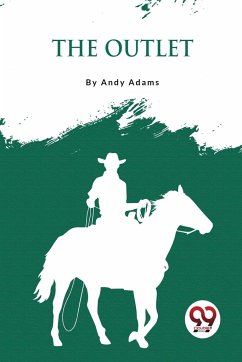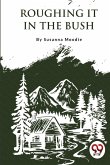The demand for a market for the excess cattle of Texas at the end of the Civil War was both urgent and widespread. There had been repeated attempts to find a market, and there is proof that Texas cattle were transported to Illinois in 1857. Forty thousand people were transported inland by train after being transported by water from Cairo, Illinois, to the mouth of the Red River in Louisiana eleven years later.The short path, which was wholly contained within the reservations of the Choctaw and Cherokee Indians, two civilized Indian tribes, made it absolutely practicable. The buffalo and the unconquered, nomadic tribes' homeland was further to the west, making this the sole way to the north. The Texas steer that had been sent to the north overwintered and developed flesh similar to that of its original land, developing into marketable meat. At this time, all eyes were on the newly formed Northwest, which was seen as the nation that would provide a suitable market for cattle. The largest annual drive occurred in 1884 when more than 300 herds of cattle, totaling close to 80,000, crossed the Red River. The push cost millions of dollars and required over 4,000 men and over 35,000 horses to be on the path.
Hinweis: Dieser Artikel kann nur an eine deutsche Lieferadresse ausgeliefert werden.
Hinweis: Dieser Artikel kann nur an eine deutsche Lieferadresse ausgeliefert werden.








